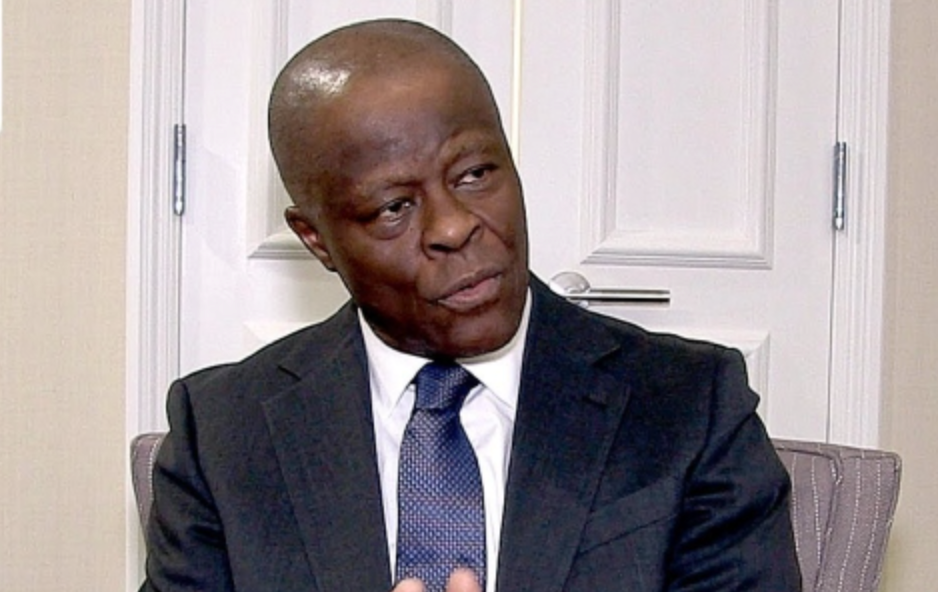
As protesters demand the reversal of fuel subsidy removal, the Minister of Finance and Coordinating Minister of the Economy, Wale Edun, has explained it may not be possible, noting that even with the subsidy removal, the country is spending as much as $600 million on fuel importation monthly.
He blamed the high import bill on neighbouring countries, up to Central Africa, who are benefiting from the country’s fuel imports.
Speaking in an interview on AIT’s Moneyline programme, yesterday, the minister used the occasion to speak on a few national issues bordering on what the present administration has been doing to stabilise the economy.
He said presently, Nigeria does not know the exact amount of fuel consumed internally.
Edun explained that vulnerable Nigerians never benefited from the fuel subsidy. According to him, “The fuel subsidy was removed on May 29, 2023, by Mr. President and at that time, the poorest of 40 per cent was only getting four per cent of the value, and basically, they were not benefitting at all. So, it was going to be just a few.
“Another point that I think is important is that nobody knows the exact quantity of petroleum products Nigeria is consuming. We know we spend $600 million to import fuel every month but the issue here is that all the neighbouring countries are also benefitting.”
He said Nigeria is importing not just for Nigeria, “we are buying for countries to the east, almost as far as Central Africa,” he said.
The minister said Nigerians should begin to ask themselves, “How long do we want to do that? And that is the key issue regarding the issue of petroleum pricing.”
He added that the country must take a decisive step to tackle the problem as it impedes economic growth.
Of great importance to the government, Edun said, is the welfare of the people, particularly the vulnerable.
He noted that one of the key areas of focus of this administration is ensuring food availability and affordability.
On the N570 billion released to states recently, the minister said it was reimbursement under the COVID-19 financing protocol implemented in December last year.
He said, “This actually refers to a reimbursement that they received from December last year and it was a reimbursement I think under the COVID financing protocol but the point is that the states have received more money. Mr. President has charged them to ensure food production in the states.”
Edun also clarified that the recent decision to raise the maximum borrowing percentage in the Ways and Means from five to 10 per cent does not imply that the Federal Government tends to rely on the Central Bank of Nigeria for financing.
He said the government had rather used market instruments to manage its debts.
According to the minister, “We have not gone to the central bank to say, please lend the government money to pay its debt, to pay its salaries. That’s Ways and Means. We have used market instruments to pay down what we owed, and that is a very, very germane aspect of having a strong economy.
“It was raised to 10 per cent, but that doesn’t mean it will be used. It’s there as a fail-safe and just gives that extra flexibility so that if a payment needs to be made and there is a mistiming or gap in when revenue would come in and expenses, we can just draw it down briefly.”
He described the approval by the National Assembly as a fail-safe measure.
The minister added: “Sometimes it just gives that extra flexibility so that if a payment needs to be made and there’s a mistiming, there’s a gap between the time at which the revenue will come in and the expenses needed, you can just draw down briefly.
“So, the aim is to keep within the letter of the law, I think that’s the main point.”
He also said the welfare of Nigerians remained a key priority for the current administration, particularly ensuring food availability and affordability.
Edun said, “There is a concerted effort to ensure that we have homegrown food available. In the short term, apart from what is being distributed from reserves, there is a window that has been opened for importation because the commitment of Mr. President is to drive down those prices now and make food available now.”
He assured all that the measure would not undermine local farmers, as importation would only be permitted after exhausting local supplies.






